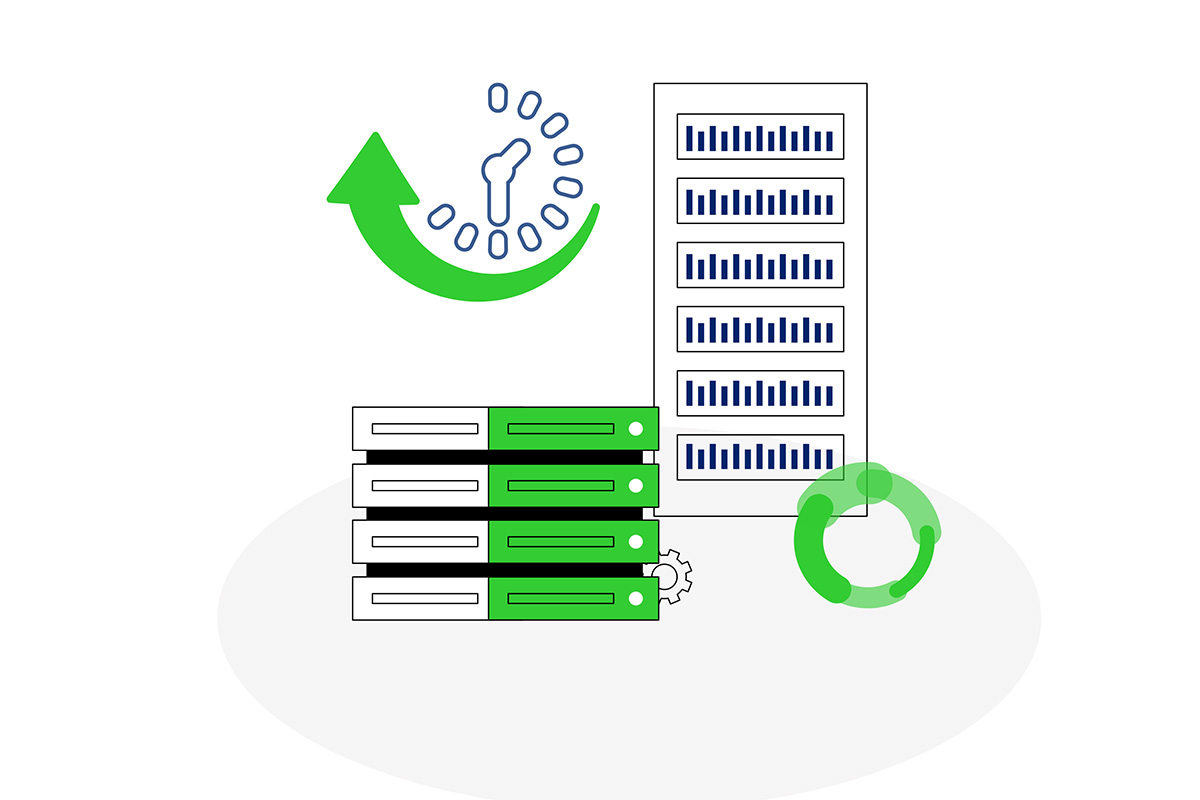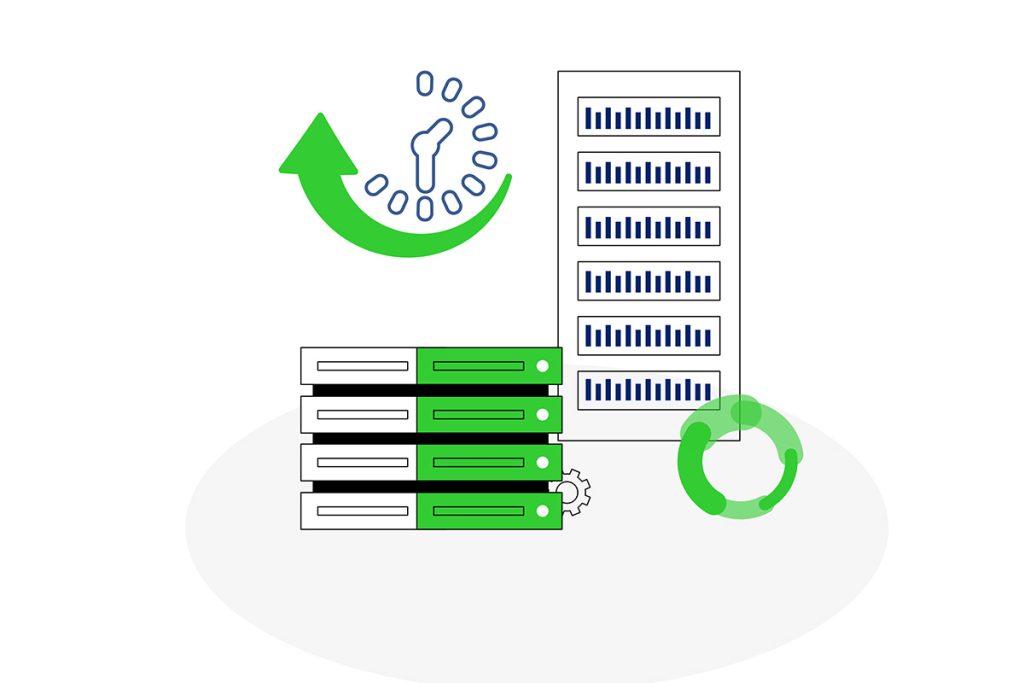5 reasons why website uptime monitoring is vital for your business.

It’s no secret that a business’s online presence is crucial to its success. In today’s digital age, more and more people are turning to the internet for information – whether they’re looking for a new product or service to buy or want to learn more about a company.
WordPress experts from 360WebCare.com say that downtime is not only when the website is broken. Also, a slow website, e.g. with poor Core Web Vitals results, can be considered inaccessible because nobody wants to wait 10 seconds for the FCP (see: First Contentful Paint).
That’s why it’s so essential for businesses to have a website that is always up and running. Unfortunately, many business owners only realise the importance of website uptime once it’s too late.

Here are 5 reasons why website uptime monitoring is vital for your business.
Downtime can be costly.
One of the biggest reasons website uptime monitoring is vital for businesses is the cost of downtime. According to a study by Aberdeen Group, a 1-hour outage can cost a company an average of $5,600. And that’s just in lost revenue – the cost of fixing the outage can be even higher. If you want to calculate a potential downtime cost, follow the steps in the article “The Cost of Website Downtime – How To Calculate Downtime Cost“.
Outages can hurt your reputation.
Another critical reason for website uptime is that outages can hurt your reputation. If your website is constantly going down, people will start to think you’re unreliable, and they’ll be less likely to do business with you.
Downtime can cause sales losses.
Not only can outages hurt your reputation, but they can also cause sales losses. If potential customers visit your website and it’s not up, they’ll go to a competitor’s site instead. And once they’ve gone to a competitor, they likely won’t return.
Outages can affect search engine rankings.
Another repercussion of downtime is that it can affect your search engine rankings. Google considers several factors when ranking websites, and one of those factors is website uptime. If your site is down often, you’ll be penalised by Google and lose web visibility.
Keep your visitors and customers happy.
People like a website that has been fixed and with erratic availability. To keep your visitors and customers happy, you must ensure that your website is always up and running. Website uptime monitoring will help you do just that.
Ensure website success with website uptime monitoring.
Website uptime monitoring is essential for any business that wants to ensure its website is always up and running. With so many benefits, there’s no reason not to start using it today.
Some examples of website uptime monitoring service providers:
- Pingdom
- New Relic
- Site24x
- Uptime Robot
- Uptime.com
- Uptrends
As a business owner, it’s essential to be aware of the importance of website uptime. Downtime can be costly, it can hurt your reputation, and it can cause sales losses. That’s why it’s crucial to monitor your website’s uptime and take corrective action quickly if there are any problems. In addition, Google takes website uptime into account when ranking sites.